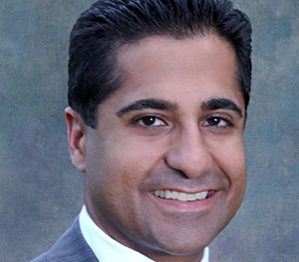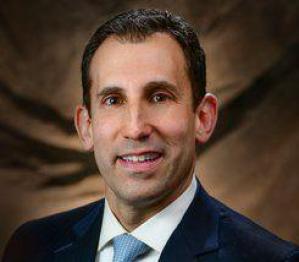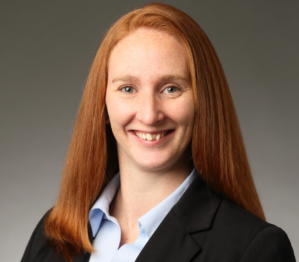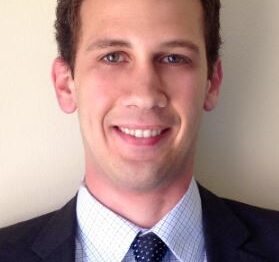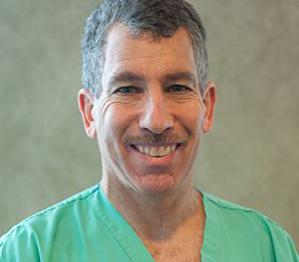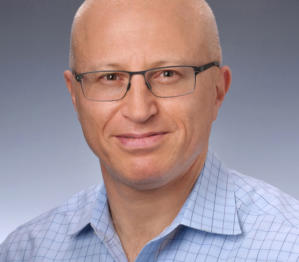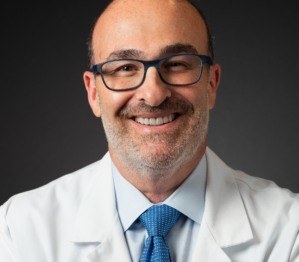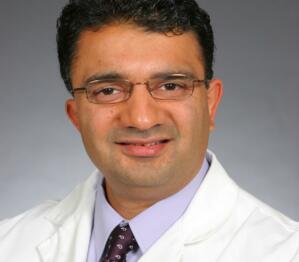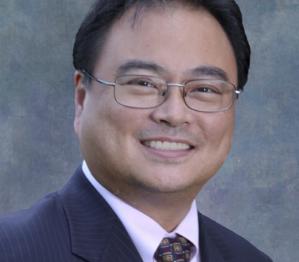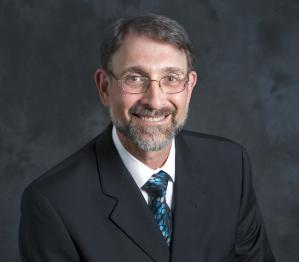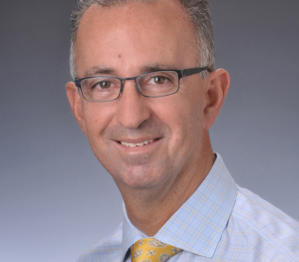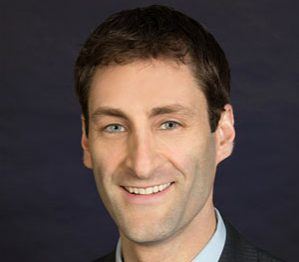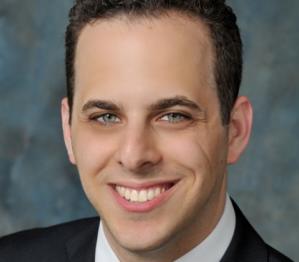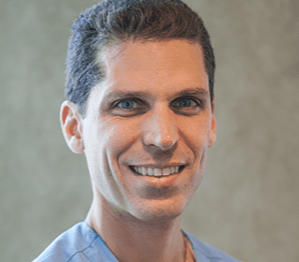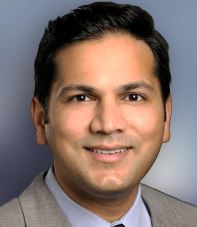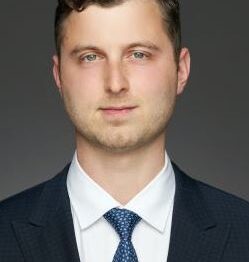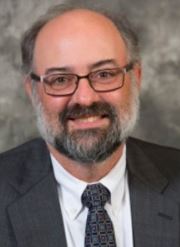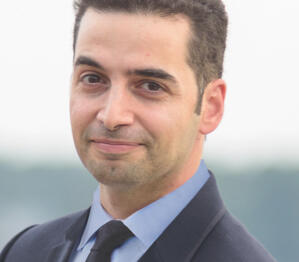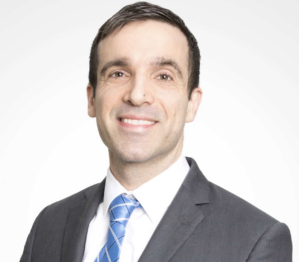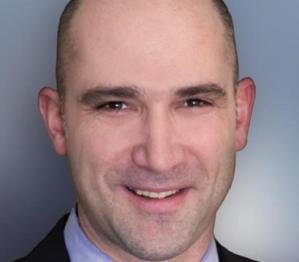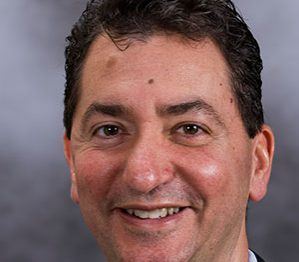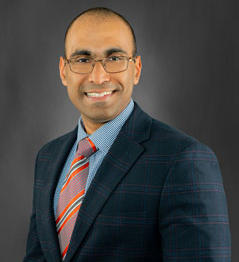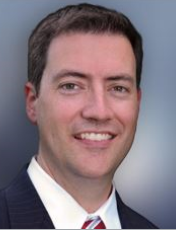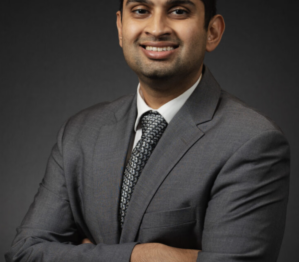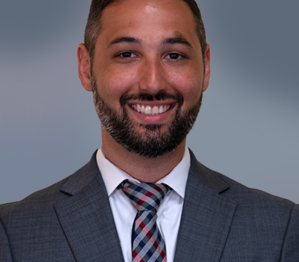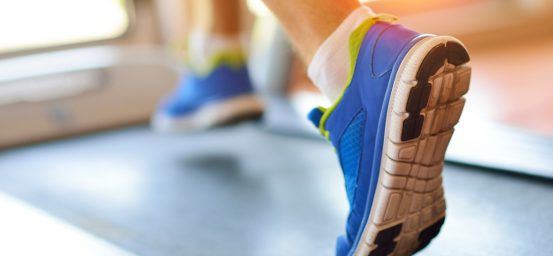Stop living in pain and start living again. It’s your move.
Whether you need treatment for arthritis, broken bones, osteoporosis, sports injuries or other conditions, CentraState can help get you back to an active life. Our team of board-certified orthopedic surgeons, specially-trained orthopedic nurses, patient care technicians, physical and occupational therapists, dietitians, social workers and case managers can help keep your joints healthy and pain free, so you can keep moving and living life well.
THE TOTAL JOINT CENTER OF NEW JERSEY AT CENTRASTATE
The Total Joint Center of New Jersey provides an array of non-surgical options for joint pain treatment. These include a tailored physical rehabilitation program designed to increase mobility, build strength, and relieve joint pain, along with pain management and complementary therapies.
Joint Commission Reaccreditation
After a rigorous onsite review, CentraState’s Total Joint Center has earned The Joint Commission’s two-year accreditation by demonstrating compliance with the Commission’s national standards for health care quality and safety in disease-specific care.
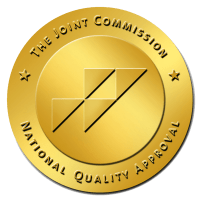
JOINT PAIN TREATMENT
Non-Surgical Treatment Options
Surgical Treatment Options
Cartilage repair and regeneration is a viable treatment for joints that have damaged cartilage but are otherwise healthy, helping patients delay or avoid joint replacement surgery altogether. This approach is generally appropriate for patients who have specific cartilage injuries rather than widespread damage and are especially effective in patients who are under 50 and active.
Cartilage restoration procedures resurface, realign and regenerate cartilage and are performed most commonly in the knee, but can be also performed on the shoulder, ankle or hip. Some procedures can be performed through minimally invasive arthroscopic surgery that requires no overnight stay.
The Total Joint Center utilizes the latest techniques to perform cartilage repair and regeneration procedures, including:
- Microfracture – This method uses the body’s own healing abilities for tissue regeneration. Small incisions are made arthroscopically to remove damaged cartilage, then small holes are made in the exposed bone, bringing bone marrow cells into the damaged area to regenerate new cartilage.
- Osteochondral Autograft or Allograft Transplantation – These methods treat cartilage injuries by replacing both cartilage on the surface and the underlying bone. The tissue can come from other parts of the patient’s body (called osteochondral autograft) or from a tissue donor (osteochondral allograft). The grafts are then applied to the damaged area.
- DeNovo® NT – This method treats cartilage injuries by implanting juvenile cartilage cells that migrate, proliferate, and form new cartilage in the damaged area.
- Autologous Chondrocyte Implantation– This method treats cartilage injuries with a two-step procedure; first, cartilage cells are harvested arthroscopically and are cultured in a lab to increase the number of cartilage-producing cells. Once the cells are obtained (typically after 4 weeks), the cells are transplanted into the damaged area to regrow new cartilage.
To learn more or request an appointment , call 866-236-8727.

Arthroscopy is a minimally invasive, same-day procedure used to visualize, diagnose, and treat problems inside a joint.
Our skilled orthopedic surgeons perform arthroscopic surgery in our state-of-the-art Same-Day Surgery Center at The Star and Barry Tobias Ambulatory Campus at CentraState Medical Center. Unlike traditional open surgery, patients are typically home within hours after the surgery.
Procedures performed include rotator cuff surgery, cartilage repair or replacement, ligament repair or reconstruction, removal of inflamed lining, release of carpal tunnel, removal of loose bone (osteotomy) and more.
Orthopedic surgeons use arthroscopic surgery to treat acute or chronic problems of the:
- Knee— Cartilage (meniscus) tears, wearing or injury of cartilage cushion, and anterior cruciate ligament tears with instability
- Shoulder—Rotator cuff tendon tears, impingement syndrome, and recurrent dislocations
- Wrist—Carpal tunnel syndrome
- Loose bodies of bone and/or cartilage in the knee, shoulder, elbow, ankle, or wrist
- Inflammation of the lining in the knee, shoulder, elbow, wrist, or ankle
To learn more or request an appointment, call 866-236-8727.
The Total Joint Center offers a range of knee and hip joint replacement surgeries using the latest prosthetic implants for longer-lasting results. Innovative procedures include quad-sparing knee replacement surgery and direct anterior hip replacement surgery that can allow an expedited recovery process where patients can leave the hospital after a brief stay and recover in the comfort of their own home.
Our orthopedic surgeons are specially trained to perform minimally invasive joint surgery through incisions several inches shorter than those used during traditional surgeries. Using small, flexible instruments, they can repair tissues and bones or replace joints with enhanced precision. The benefits of this approach may include:
- Minimal damage to surrounding tissue
- Reduced risk for complications such as infection
- Less scarring
- Reduced pain
- Faster recovery
Our approach includes rehabilitation customized for you, and all of the resources needed for a safe and successful procedure and recovery. This includes:
- A Total Joint Center coordinator to orchestrate all preoperative and postoperative care, pre-arranged discharge and rehabilitation
- A physician-directed, proven approach to pain management
- Nurses and therapists who specialize in the care of joint patients
- Group and individual therapy, guided by:
- Physical therapists to help you increase mobility and build strength
- Occupational therapists to educate you on assistive devices, joint protection, and energy conservation techniques that can be used during activities of daily living
- Pre-discharge Q&A with the Total Joint Center coordinator
- A comprehensive patient guide for you to follow from six weeks pre-operation until three months post-operation and beyond
To learn more or request an appointment, call 866-236-8727.
JOINT REPLACEMENT FAQs
REQUEST MORE INFORMATION
Comprehensive Care for Joint Replacement (CJR) Model
CentraState Medical Center is participating with the Center for Medicare and Medicaid Services (CMS) in a new care improvement initiative called the Comprehensive Care for Joint Replacement (CJR) model. Lower extremity joint replacements and major leg procedures are included. The goal of the project is to support better and more efficient care. The model tests bundled payments for the hospital and quality measures.
As part of this model, hospitals, physicians, and post-acute care providers will work together to further improve quality of care. Drs. Berkowitz, Buxbaum, Greller, and Nasar are working with CentraState on plans for care. CentraState’s participation in the CJR model should not restrict your access to care for your medical condition or your freedom to choose your health care providers and services. Additional information is available here.



